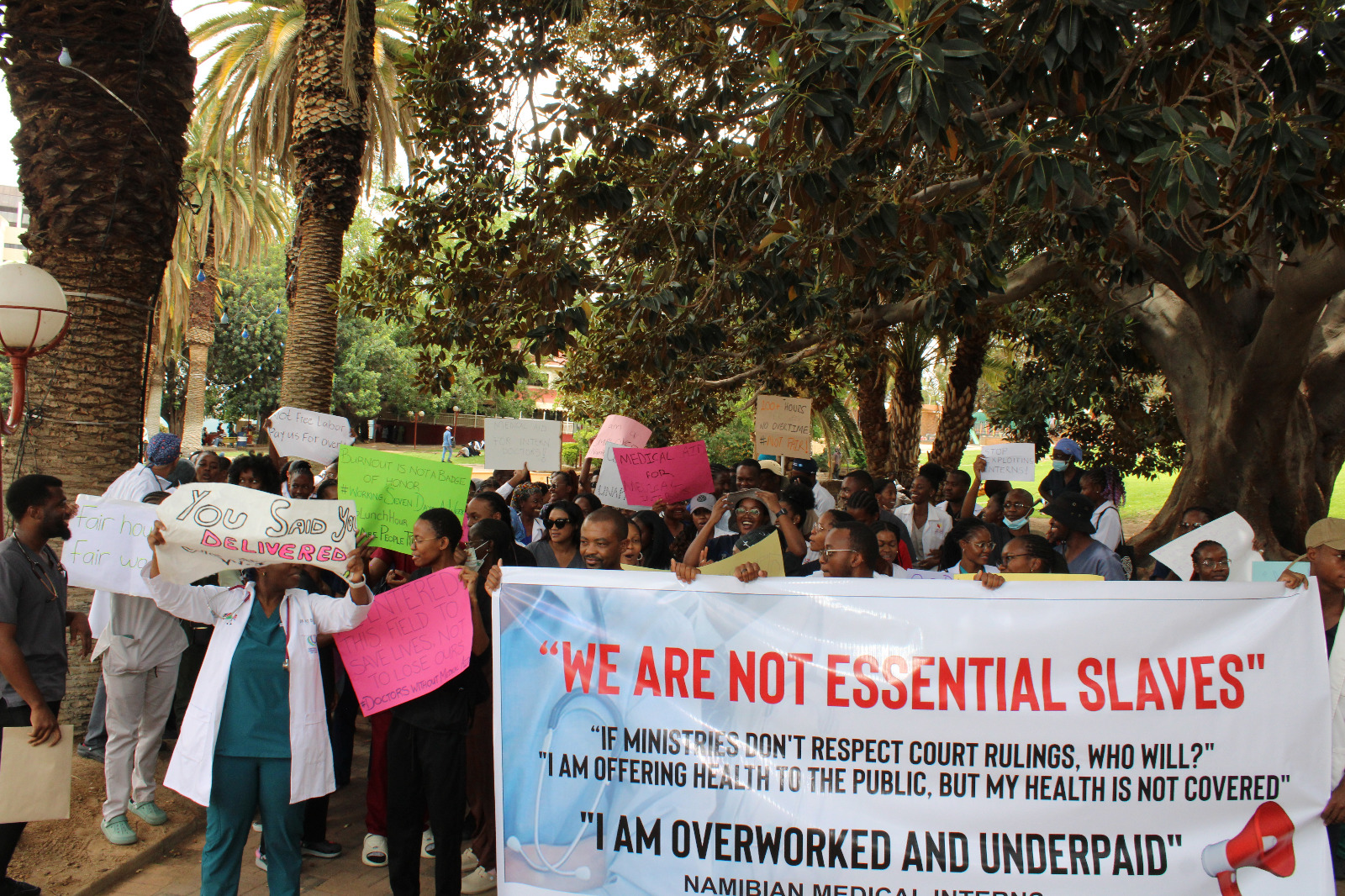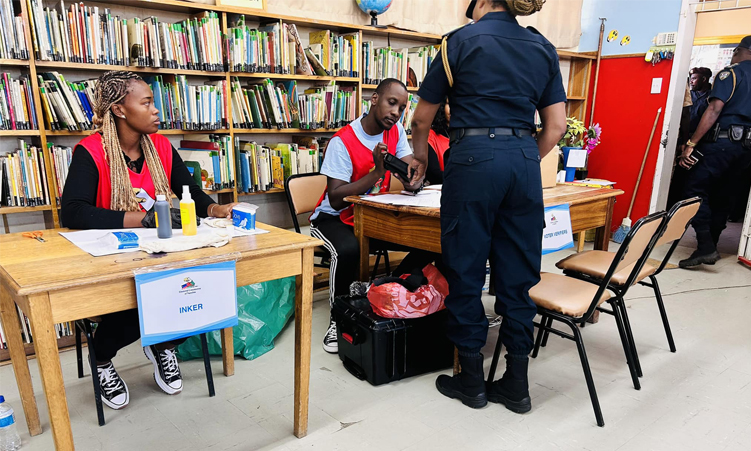The chairperson of the Economic Association of Namibia, Jason Kasuto, has called for the establishment of vendor registration platforms to close the information gap in the oil sector.
He says the government should establish vendor registration platforms in collaboration with stakeholders, including international oil companies (IOCs) that promote transparent information flows between all stakeholders.
“This creates a database of quality and quantity suppliers, by bridging, especially, the information gap. Since the key announcement on discoveries, Namibia has experienced that any event speaking to the sector is always fully subscribed. This shows you the keen interest from local firms, but also a significant information flow gap,” Kasuto says.
He said this during the Africa Energies Summit in London last week.
Kasuto said the country should use tools like the Namibian Socio-Economic Assessment Model (Sam), especially when looking at local content policy and its implementation in Africa’s energy sector.
“We must start with a thorough analysis of the potential impact across various sectors by applying socio-economic impact foresighting tools such as Sam,” he said.
“For example, N$1 spent on cement in Namibia has a different impact than N$1 spent on the same thing in West Africa. The Sam analyses the impact of each dollar spent across industries, its multiplier effect on employment, household income and local GDP,” he said.
Kasuto addressed the need for a firm-level analysis of small and medium enterprises (SMEs), as well as large enterprises.
“For prioritising goods and services for local development, we must consider both quality and capability gaps,” he explained.
He said a high quality gap firm would require training, while high capability firms would need access to procurement pathways and credit to expand facilities or invest in new equipment.
Kasuto said there is a need for a forward-looking strategy for Namibia’s oil and gas sector.
“Beyond policy and legislative alignments, Namibia requires a fit-for-purpose oil and gas in-country value blueprint and strategy,” he said.
Kasuto also pointed to successful financing models, like Brazil’s Progredir programme, which offers credit with competitive conditions to the Petrobras supply chain.
“This enhances liquidity and financial strength. The receivables of contracts and performance information mitigate supplier credit risk, which is crucial for the financial health of local enterprises,” said Kasuto.
Local content requirements, according to him, aim to generate broad-reaching impacts from foreign investments.
“They can improve local people’s lives and involve them as much as possible in new projects and developing industries,” he said.
Kasuto also encouraged pan-African collaboration, especially with countries more mature in the oil and gas sector.
“There is an evident need for infrastructure and services, such as onshore base facilities support and logistics services, which can generate major revenue, technology transfer and capability for local content firms and governments beyond the taxes and royalties regime,” he said.
Stay informed with The Namibian – your source for credible journalism. Get in-depth reporting and opinions for
only N$85 a month. Invest in journalism, invest in democracy –
Subscribe Now!






